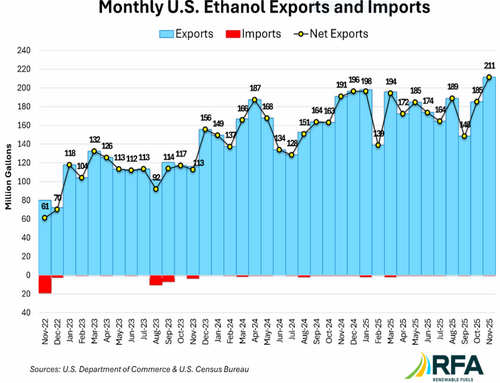By Hannah Spangler, FarmWeekNow.com
A brown bovine from southern Brazil has made history as the first transgenic cow capable of producing human insulin in her milk.
The advancement, led by researchers from the University of Illinois and the Universidade de São Paulo in Brazil, could eventually eliminate drug scarcity and high costs for people with diabetes. The project, which began in 1992, is now the longest-ongoing genetically modified livestock project for agriculture.
Matt Wheeler, professor in the Department of Animal Sciences at the University of Illinois Urbana-Champaign, said an efficient system to collect and purify insulin products — and Food and Drug Administration approval — are still needed before transgenic cows could supply insulin for the world’s diabetics.
But Wheeler is confident that day is coming.
“I could see a future where a 100-head herd, equivalent to a small Illinois or Wisconsin dairy, could produce all the insulin needed for the country,” he said.
In Brazil, Wheeler’s colleagues inserted a segment of human DNA coding for proinsulin, the protein precursor of the active form of insulin, into the cell nuclei of 10 cow embryos. The embryos were implanted in normal cow uteruses. One transgenic calf was born. When the calf matured, lactation was induced and the team found the calf had the ability to produce human proinsulin, which could be processed into bioactive human insulin.
Wheeler said the team was also able to target mammary gland tissue to harness the power of protein and contain insulin in the milk alone.
“Mother Nature designed the mammary gland as a factory to make protein really, really efficiently,” he said. “We can take advantage of that system to produce a protein that can help hundreds of millions of people worldwide.”
To read the entire report click here.


